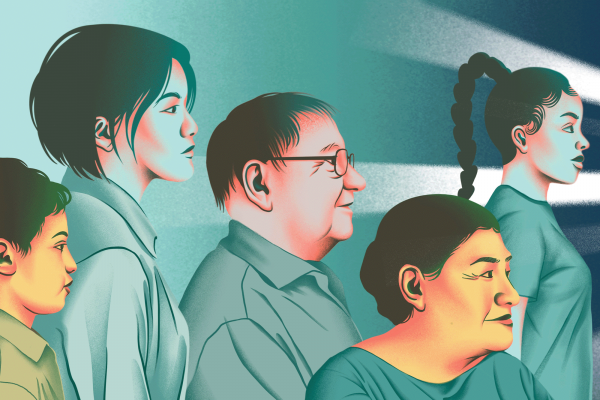SINCE THE RECORD-BREAKING Black Lives Matter protests in 2020, we have witnessed a right-wing backlash against efforts to advance racial justice, exemplified by state and local laws to ban books and censor how we teach history. Diversity, equity, and inclusion (DEI) programs, especially those in the corporate world and higher education, are also increasingly vilified.
Of course, these attacks on DEI are just a repackaging of old grievances. I’ve written extensively about how the political right in the United States has long sought to win and maintain political power by inflaming white racial prejudice through a never-ending culture war. To counteract this, we need to make a more persuasive and forceful case for why DEI programs align with and advance our core faith and civic values.
Diversity, equity, and inclusion programs address inequities experienced by people from historically marginalized identities, whether based on race, gender, religion, sexual orientation, disability, or any other element of humanity used to exclude and disadvantage. A DEI framework expands an organization or institution’s focus beyond simply recruiting a more diverse staff or student body to include diligent attention to equitable policies, compensation, and opportunities. When equity and inclusion are added to the picture, organizations can better build a shared sense of belonging, possibility, and ownership. That should be reflected not just in an organization’s culture, but in its material realities, including wages and promotions.
A compelling moral and theological case for DEI isn’t difficult to make. God created every human being in God’s own divine image (Genesis 1:27), which precludes any categorical differences in people’s inherent worth or value. What’s more, as Christians we believe in a risen Lord who came to erase the entire concept that some groups of people are superior to others. “There is no longer Jew or Greek; there is no longer slave or free; there is no longer male and female; for all of you are one in Christ Jesus” (Galatians 3:28). It’s not that the many things that make each person unique disappear — far from it. But life in Christ should lead us to reject attaching a hierarchy of value to those distinctions.
U.S. institutions, including churches, were founded on profound structural inequities and still carry that taint. The nation itself is rooted in a Declaration of Independence that declares that all men (meaning, at the time, land-owning white males) are created equal and a Constitution that counted enslaved people as numerically worth three-fifths of a human being. Our country has never fully resolved that contradiction, and inequities persist. For Christians and other people of faith, DEI is one means through which to repent of and repair the effects of this systemic sin.
The Candler School of Theology at Emory University has a faith-rooted commitment to DEI that speaks to me: “Our faith calls us to understand diversity as a gift from God, equity as a moral imperative, and inclusion and belonging as the fruits of the Spirit.” Our nation’s growing diversity is indeed a gift to be embraced rather than feared or denied. May we, with the Holy Spirit’s help, create more equitable organizations and foster cultures of true belonging and thriving.

Got something to say about what you're reading? We value your feedback!






